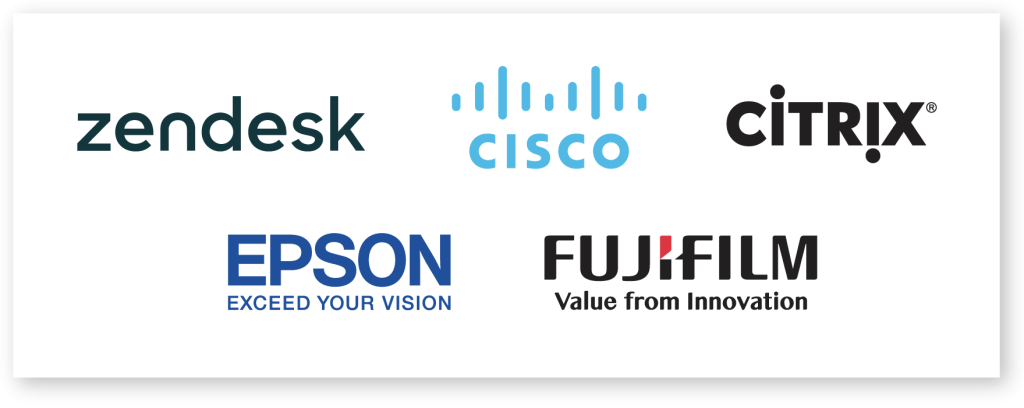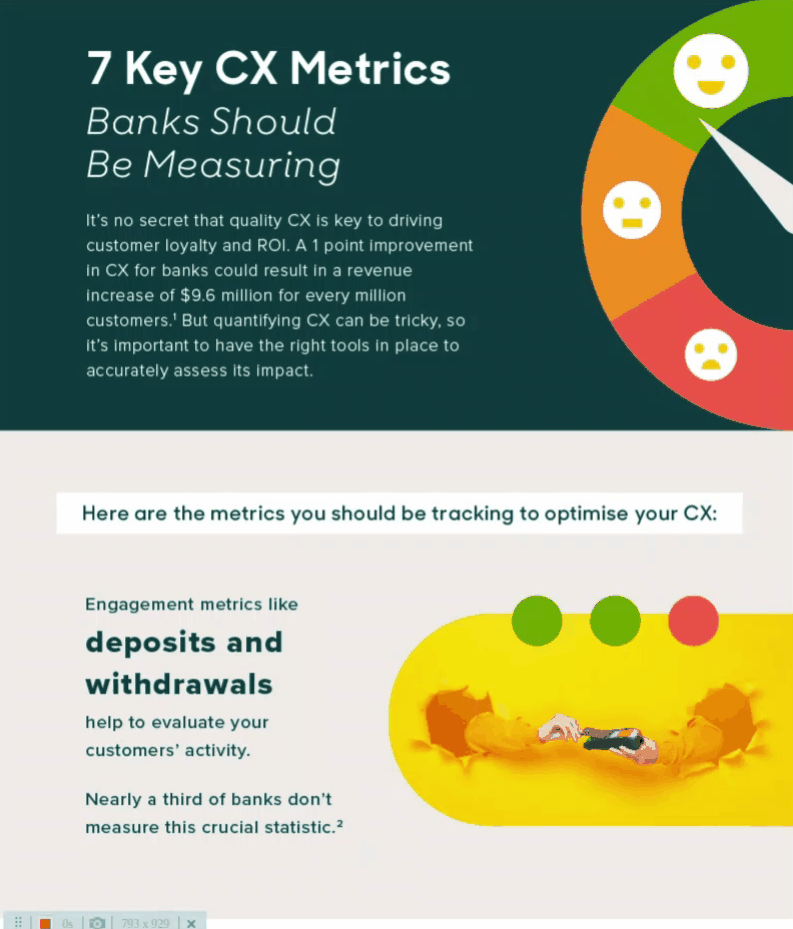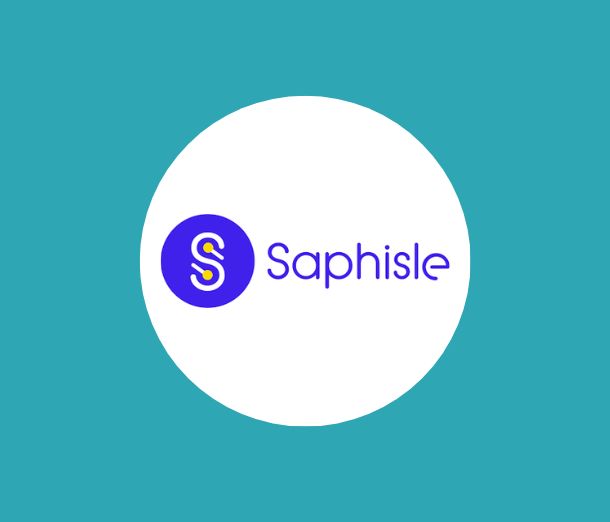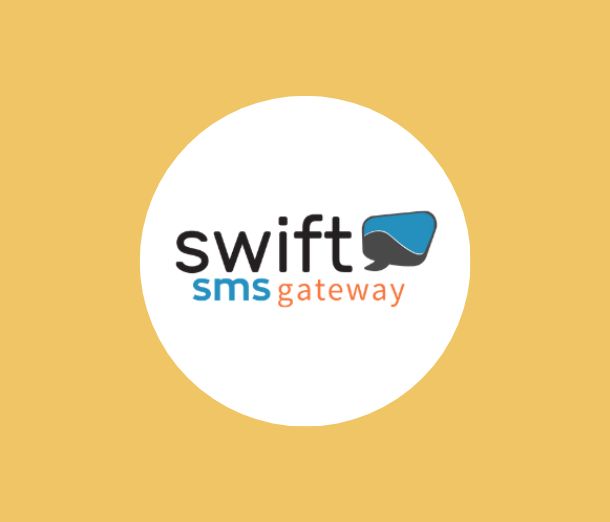Convince & Convert With Software & Tech Content Your Audience Wants to Read
“What kind of technical background do you and your team have?”
We get this question a lot, and for good reason: Writing about software and technology requires a specific skill set — namely, the ability to understand very complex technical concepts and then translate them into clear copy.
By entering your email address, you agree to receive emails from Brafton in accordance with our Privacy Policy. You may unsubscribe from these communications at any time.
Your teams live and breathe in the technical world. You know your continuous integration from your continuous delivery, your hybrid clouds from your multi-cloud deployments — and you expect the same precision from an external agency.
So how do we ensure that we’re producing assets that are on-brand, technically sound and also super-readable and SEO-friendly? It all starts with our heavily customised approach, honed through thousands of assets produced over the course of more than a decade.
1,274+
Tech clients served.
15,595+
Tech blog posts written to date.
1,810+
Tech eBooks & white papers produced to date.

How We Create Content for Our Software and Technology Clients
Over the years, we’ve optimised our approach to technical content, to ensure our solutions not only stand up to scrutiny (e.g., are we accurately describing how containerisation really works), but also drive sign-ups and clicks from your target audience. Here are the big pain points we always address:
1. Technical Accuracy
Pain Point: Clients want to know how well we grasp the most important technologies and concepts in their industry. Talking about configuration management tools, or explaining the pros and cons of developing a native mobile application, can be challenging work, no doubt. Moreover, your engineers and product people might also want to review each piece to ensure all writing accurately describes your capabilities and overall industry position—and that process takes time.
Solution: We always start from the premise that we’ll need to perform due diligence before writing. Accordingly, we build in time to do just that. We’ll hold kickoff meetings to discuss how your products and services work, and speak with all relevant subject matter experts (SMEs) to pick their brains. Subsequent SME calls may be set up, too, to get the proper framing and narrative for each piece. Meanwhile, our writers will perform their own research and provide preliminary outlines and briefs so you can see if we’re on the right track and provide feedback. It’s a collaborative, transparent and data-driven process.
“Our business is technical and fairly complex, so when we’re having an interview with subject-matter experts or discussing involved topics, the details are not always easily understood. But, every time, our writer comes back and impresses me with how he takes this information that can be confusing and makes an interesting and compelling story.”
Lynnette Regan
Marketing Communications Manager at IDI Billing Solutions
“I get excited about this partnership with each new draft, as Brafton has always brought me outstanding work. It’s clear they do their own homework, and the team has been very clear about expectations, questions, content or project-improvement opportunities.”
Cameron Elliott
Brand Manager at Green Mountain Technology
2. Clarity and Quality
Pain Point: The learning curve for writing lucidly about something like a software-defined WAN or data warehouse is steep. Not everyone can do it, and not on the timelines and with the level of thought leadership that you need to drive engagement and realise conversions. Subject matter expertise in the software and technology domains can take years to build, especially if someone isn’t directly employed in a technical role.
Solution: We hire writers who have experience writing about software and technology, and/or who have worked for software companies in the past. Over time, we also have team members carve out their own niches, so that they’re exposed to technical content, SME conversations, news and topics on a daily basis. Through feedback and practice, they sharpen their skills as explainers of even the most complex topics.
How Software and Technology Companies Typically Create Contentt
IN-HOUSE EXPERTS
PROS:
1. Direct control over hiring and quality.
2. Easiest access to on-staff experts.
CONS:
1. Highest level of financial commitment.
2. Lowest flexibility.
When a company opts to do everything in-house instead of entrusting content writing to a freelancer or an agency, they usually take one of two approaches:
Internal SMEs: By having technical experts (e.g., technical leads) produce content themselves, your organisation can maintain the highest degree of control over what’s written. These individuals know your technical concepts the best since they’re working directly on your software and technology every day.
At the same time, your experts aren’t typically writers by trade. They usually have other tasks to focus on, with limited time to sit down and write a blog post or eBook that will perform well in search.
Staff Writers: Hiring a dedicated writer who’s experienced in the industry is another common approach. These writers have access to your experts and the resources they need to produce high-quality content.
There is significant overhead (e.g., salary and benefits) to keeping a full-time writer on staff. Plus, depending on their background, their level of expertise might not significantly differ from that of a freelancer or agency writer.
FREELANCERS
PROS:
1. Highest level of flexibility.
2. Lowest priced option.
CONS:
1. Unpredictable quality and responsiveness.
2. Low accountability and access to experts.
Freelancers offer a low-cost, low-commitment route to producing content. The freelance option is a good one if you want the flexibility of not being locked into a major contract. However, you’ll pay for this approach in the form of limited control over the quality and delivery of the writing.
EXTERNAL AGENCIES
PROS:
1. High level of quality control.
2. Only a moderate financial commitment.
3. Consistent access to agency teams.
CONS:
1. Contracts may be lengthy and opaque.
2. Everything depends on writer sourcing (in-agency vs. freelance).
On a spectrum of cost and control, an agency sits in between a freelancer and an in-house writer. Agencies will charge higher rates than a freelancer, but less than what it would cost to maintain an internal writer. Agencies are also in the middle when it comes to levels of access: They’re more responsive and capable of engaging in in-depth meetings than freelancers, but less so than personnel who are on your direct payroll.
Overall, the biggest variable with agencies is how they source their writers. Many agencies actually rely on freelancers behind the scenes, instead of their own in-house experts. So it’s crucial to determine what types of writers you’ll be working with—you don’t want to pay agency rates for freelance work.
Our Work
Brafton Completely Redesigns Saphisle’s Site
How a Star Wars Analogy Helped Us Find GeekHive’s Voice
Brafton Helps Rapidly Growing Swift SMS Gateway Build Out Its Content Program
How Brafton Specialises in Software and Technology Content
Brafton pays a premium for expert in-agency writers who already have experience writing about software and technology. Moreover, we require them to develop their technical niche further by taking on new and often more challenging accounts over time.
Here are a few of our software and technology writers and their backgrounds:

Anthony Basile
Senior Writer
Industry Experience: 9+ years
Education: Tufts University
Featured Content: View Sample

Perry Robbin
Senior Writer
Industry Experience: 6+ years
Education: University of Connecticut
Featured Content: View Sample

Dan Haverty
Senior Writer
Industry Experience: 2+ years
Education: University College Cork
Featured Content: View Sample
With Brafton, you get direct access to your expert writer(s) for feedback and guidance. We pay our writers much more than other agencies do, because doing so pays off for us and for our clients. We give writers the resources to build out their niche skill sets, full-time. It’s the only sustainable way to do content marketing that gets results.
What Our Software and Technology Clients Look for
Every industry has unique needs when it comes to content marketing. Some sectors prioritise SEO and search engine positioning, while others are more focused on thought leadership and branding.
For our software and technology clients, the most common needs include:
1. Search Visibility
Pain point: In many cases, our tech clients come to us because they want to rank better for the keywords and key phrases most germane to their businesses. But appearing on Page 1 of a search engine for terms like “containerisation” requires overcoming some intense competition first. That isn’t always practical when in-house teams are strapped for time, or when freelancers don’t have the resources to perform the in-depth research required.
Solution: Brafton conducts advanced keyword research and then distils it all into Search Performance Briefs (SPBs). These documents guide each writer in the creation of a tightly structured piece that will have the keyword density and selection to drive organic traffic.


2. Thought Leadership
Pain point: “Software is eating the world,” as a famous venture capitalist once said. In other words, seemingly everyone now has something to say about software and technology, and it can be difficult to stand out amid the deluge of content out there. Our clients in this space want to be seen as thought leaders who are driving, rather than simply responding to, these conversations.
Solution: Brafton writers have the resourcing necessary for conducting in-depth research and SME interviews, and then pairing the insights gained with advanced keyword research. The result is highly differentiated content that also ranks well (for blogs and landing pages), drives downloads (for eBooks and white papers) and or encourages signups (for email marketing).
How We Create Content That Resonates With Your Audience
Of course, just because a writer can write for a general industry doesn’t mean that they can write for a particular brand. All the expertise in the world won’t help if the writer can’t match your individual tone, voice and brand guidelines.
For that reason, we leave nothing to chance. Here’s how we align our writing with your unique brand:
1. We Get to Know You
Before we speak with your team or produce even a single publishable asset, we’re already busy scouring your website and overall online presence to understand how you already present yourself.
Then we engage at length with you via videoconference and email, listening to your expectations and goals, asking questions and formulating a clear-cut plan for delivery. We keep in close contact at every stage of content production to ensure we’re understanding and adapting to your needs.
2. We Evolve Through Feedback
The Brafton team doesn’t have its ego tied up in its work. Either what we write meets your requirements, or it doesn’t—and we’re eager to make it right if it doesn’t meet your expectations the first time.
We continuously integrate your feedback so that we’re writing something you’re proud to publish on your official channels. And as your overall brand and product or service lines evolve, so will our copy and overarching creative approach.
3. We Don’t Rest on our Laurels
Complacency is not in our DNA. We never assume that any piece of content is the best that can possibly be produced under the circumstances.
Instead, we monitor performance and trends to think about how we can keep improving, whether through new content or re-optimisations of existing pieces originally created by your team or ours.
What It’s Like to Work With Us
We don’t keep secrets. Indeed, we’ve outlined our entire business model on this page.
Clients continue to work with us and value our contributions because we prioritise:
Quality
We employ expert creators who are committed to producing well-researched, well-written and well-optimised copy.
Support
Every client gets a dedicated content strategist and project manager, plus direct access to its writer(s).
Transparency
We don’t saddle you with a complex contract with hidden clauses. You pay for a clear scope of work with a specific set of projects — not an open-ended subscription.
We make every relationship simple to understand, easy to navigate through and aligned with your quality and brand standards.
“Brafton has surpassed my expectations. They’ve done an incredible job at taking the information I gave them and owning the new brand messaging and voice. They’ve been able to emulate our style, while successfully putting their own spin on it.”

Heather Osteen
Marketing Communications and Brand Manager at GeekHive



